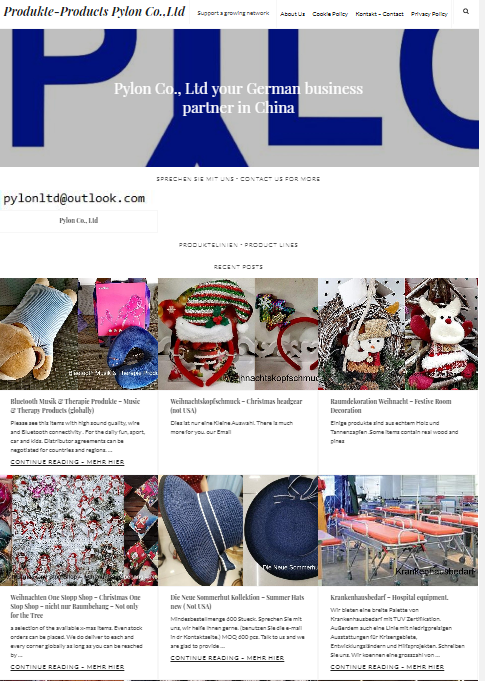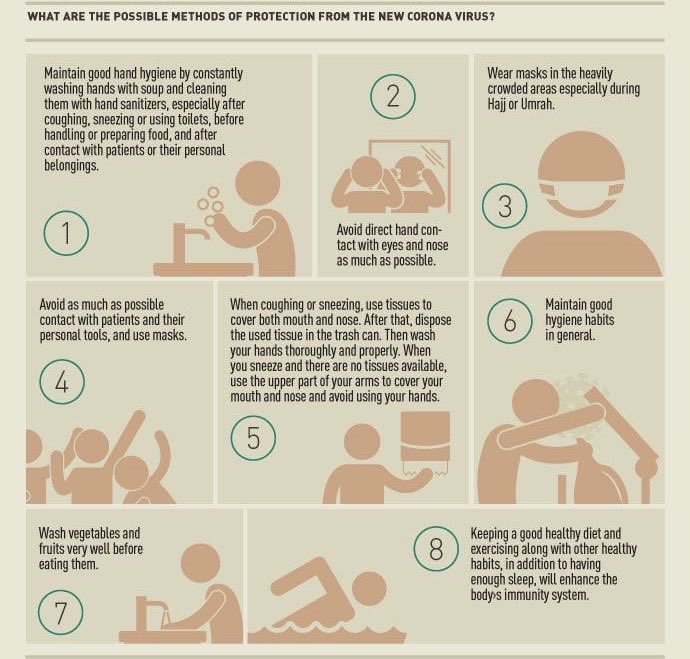Coronavirus: Your Questions Answered
- Details
- Category: Health News
- Published: Sunday, 09 February 2020 15:34
for the following we provide on "as it is mentioned" bases. w are not responsible for any information given below. please see the Author
1. How shall I be paid from 2/3 onwards?
Your boss is obligated to give you living expenses if work is delayed from 2/3 onwards. This payment depends on which province you are in. Not all provinces have released official statements for this part, but I will keep you posted when they do, so do subscribe for the latest news!
Beijing requires this amount to be no lower than 70% of the Beijing minimum wage standard; Guangdong 80%; Shanxi 75%; Zhejiang 80%.
If you are required to work from 2/3 onwards, e.g. teach online, your employers are required to pay you your normal wages on weekdays (2/3-2/7), and no less than 200% on weekends (2/9-2/9). If you were required to work from 1/25 to 2/2, your employer is required to pay you no less than 300%.
2. If the government decides to extend the holidays again, may your boss deduct your annual leave days or make you take unpaid leave?
No. If you boss does any of the above, you may report this to the Labour Bureau, and administrative action will be taken. The government has officially extended the CNY holidays to 2/2 from 1/27. The original statutory holidays were only 3 days, compared to 9 days now.
3. My labour contract expires on the 8th of February and I am being quarantined right now. Can my boss terminate my contract?
No. Your contract will automatically be extended to the date when the quarantine ends. If you hit the jackpot and got infected, your contract will be extended to the day when you are released from the hospital.
4. How to apply for visas, stay or residence permits during this period?
All exit-entry administration (EEA) authorities in China will be in full service for extension and issuance of visa and stay or residence permits to ensure foreigners' legitimate stay in China. Urgent services for emergency situations will also be provided. To avoid crowds, the EEA authorities will make arrangements for services on appointments. Foreigners could make appointments in advance for any applications. For those institutions which host high numbers of foreigners, such as universities, scientific research institutes and business enterprises, the EEA authorities will allow additional agent service or provide other necessary conveniences depending upon the situation.
5. What if your visa, stay or residence permit expires during this period?
According to Exit and Entry Administration Law of the PRC, foreigners should exit China or apply for extension at the EEA authorities before the visa, stay or residence permit expires. In light of the relevant laws and regulations and current situation, those who are unable to exit as scheduled or extend the visas, stay or residence permits due to the reason of epidemic prevention and control shall be given a lighter or mitigated or be exempted from punishment by the EEA authorities depending upon circumstances.
6. I booked a vacation for Chinese New Year! Can I terminate my travel contract and get a full refund?
As the contract was signed before the pandemic erupted, neither party shall be liable forbreach of contract. The travel agency must refund you your money after deducting accommodation fees and travel fees that are non-refundable.
For example, you applied for a trip in Malaysia for 10000 Yuan which includes 1000 for plane tickets and 2000 for hotels. The travel agency shall refund you 7000 in this case.
Legal Basis
Labour Contract Law
Article 42
In the case of any of the following circumstances occurring to a worker, the employer may not discharge the labor contract in accordance with Articles 40 and 41 of this Law:
(1) Any worker that conducts operations exposing him to occupational disease hazards has not gone through an occupational health check before leaving his post, or is suspected of having an occupational disease and is under diagnoses or medical observation;
(2) Any worker has occupational disease or he has lost or partially lost his capacity to work as confirmed due to an injury relating to his job during his employment with the employer;
(3) Any worker is suffering from illness or is being injured irrelevant to his job, and the period of medical treatment as prescribed therefore has not expired;
(4) Any female worker is in her pregnancy, confinement or nursing period;
(5) Any worker has been working for the employer for exceeding 15 years continuously and is less than five years away from his legal retirement age; or
(6) Other circumstances as prescribed by laws or administrative regulations.
Labour Law
Article 44
Under any of the following circumstances, the employing unit shall, according to the following standards, pay labourers remunerations that are higher than those for normal working hours:
(1) To pay no less than 150 per cent of the normal wages if an extension of working hours is arranged;
(2) To pay no less than 200 per cent of the normal wages if work is arranged on off days and no make-up off days can be arranged; or
(3) To pay no less than 300 per cent of the normal wages if work is arranged on statutory holidays.
About the Author










